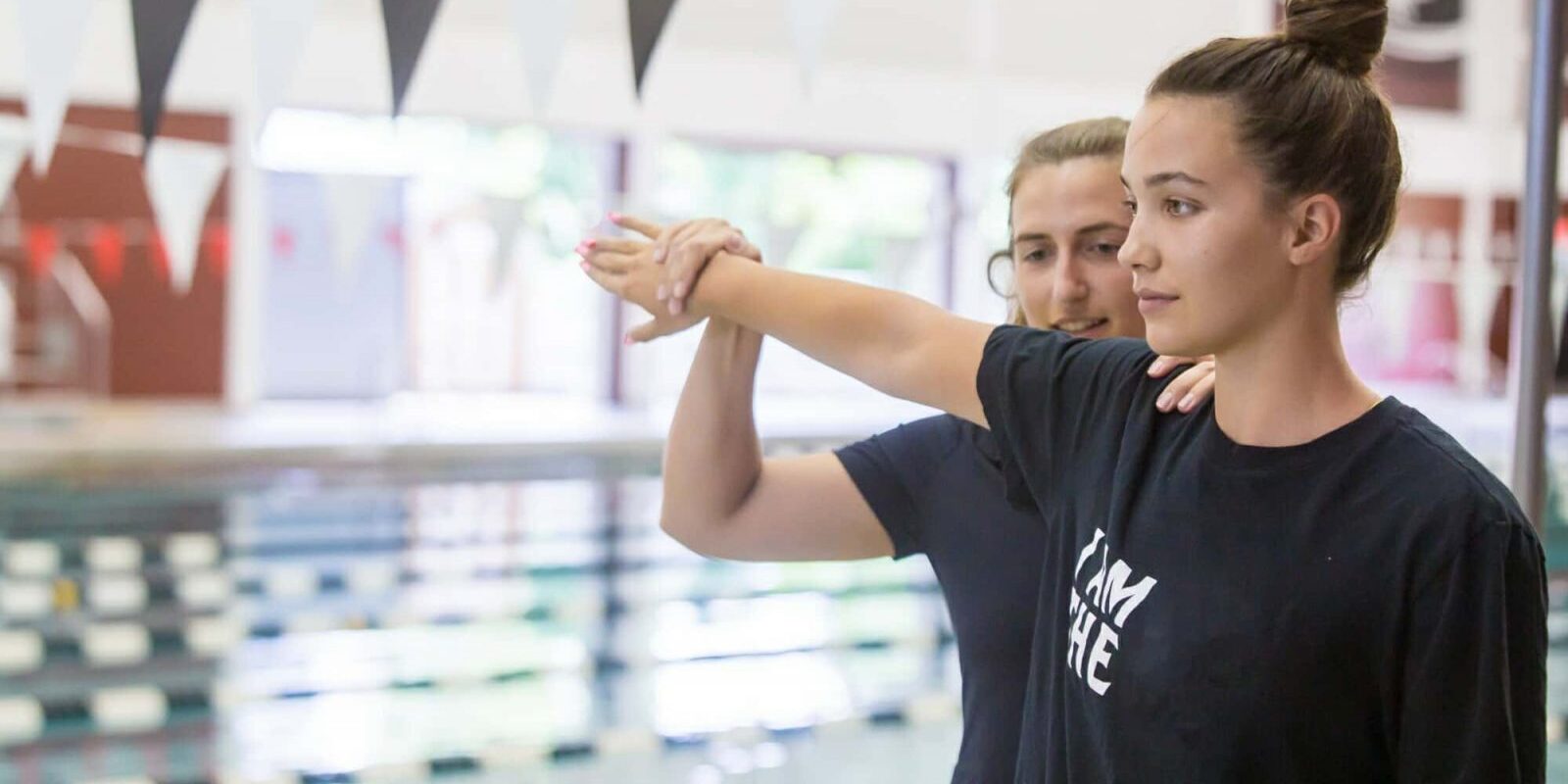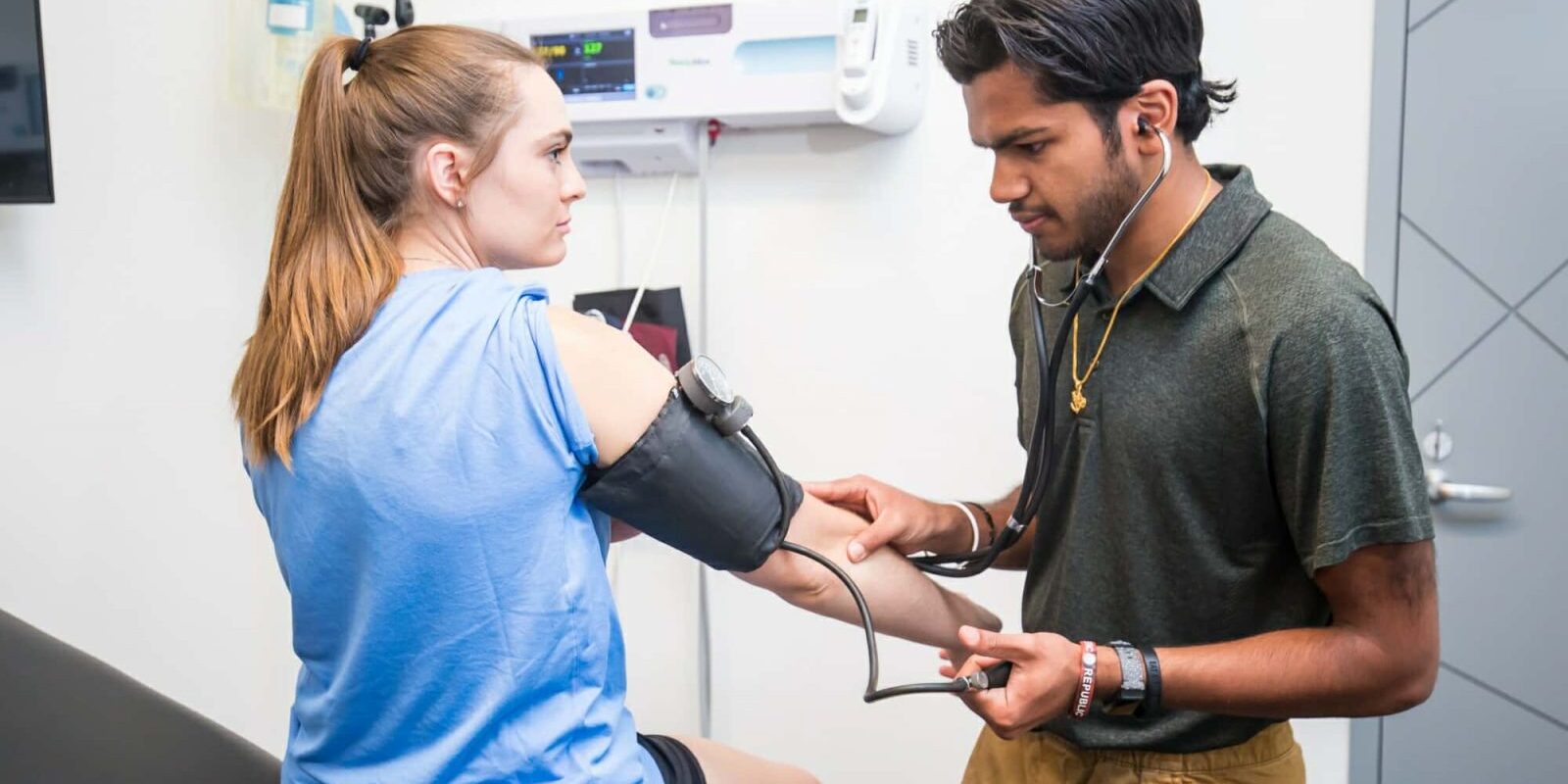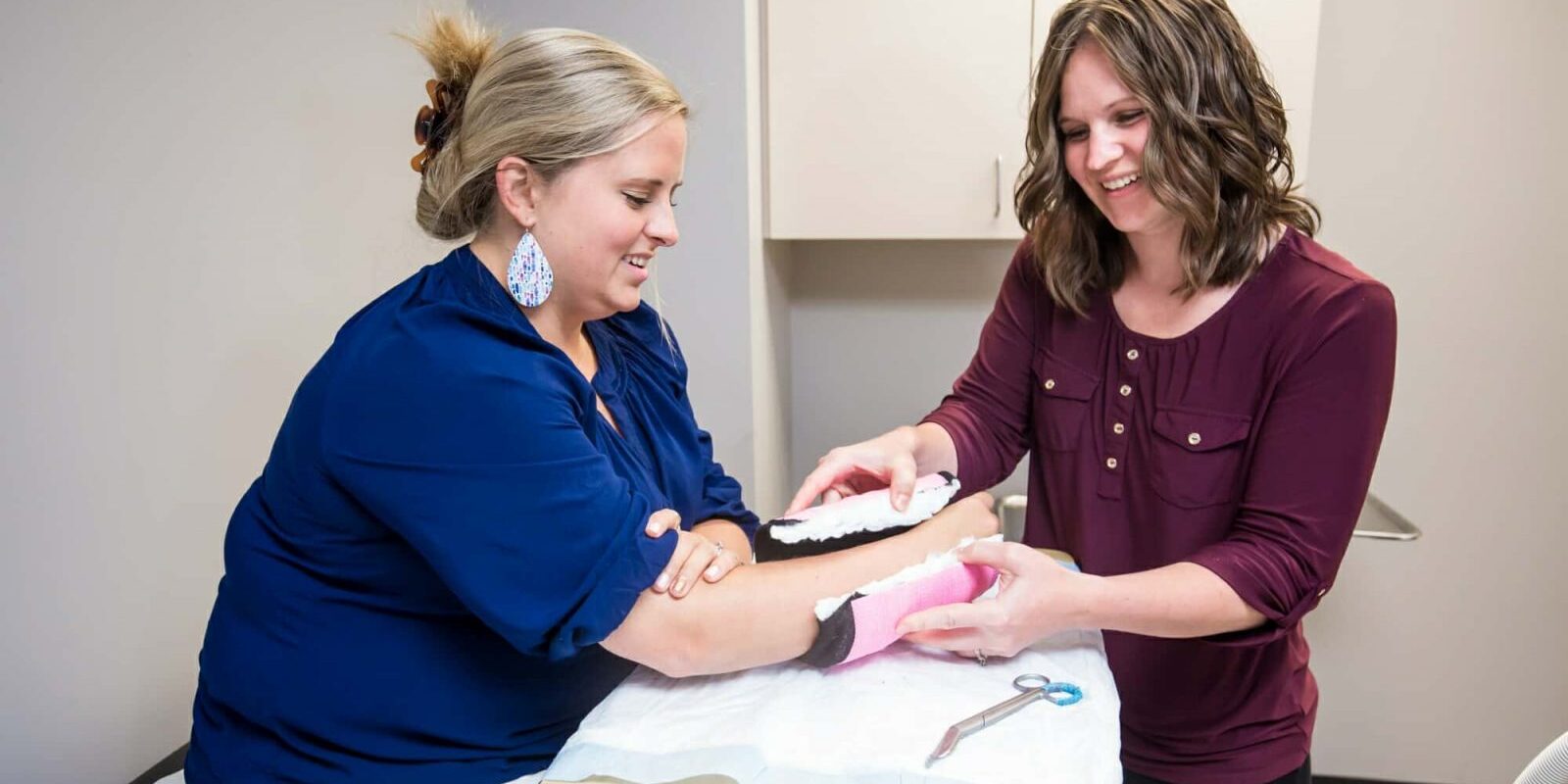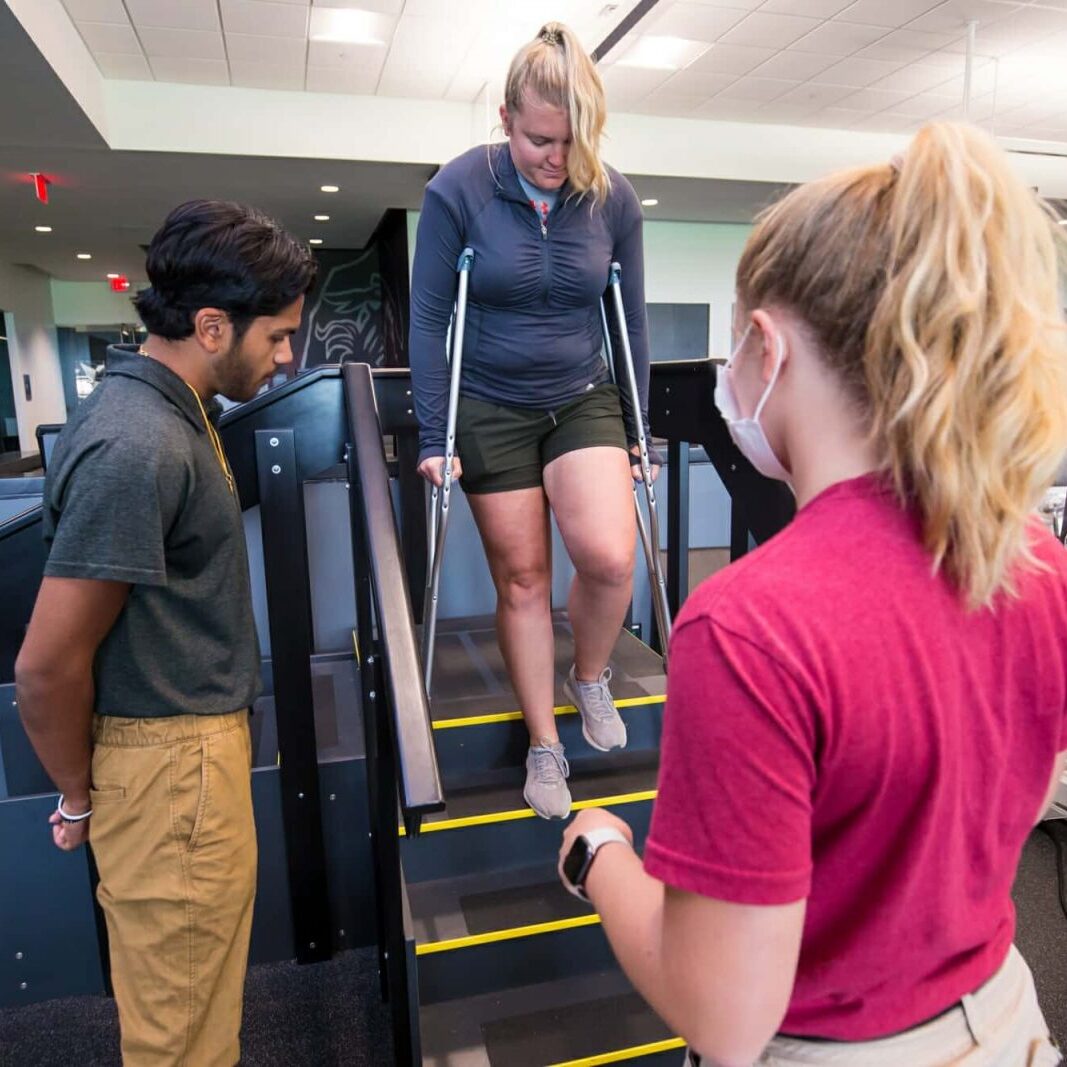The Experience Of An Athletic Training Residency Program
Athletic training residency programs have a structured curriculum that includes didactic components and mentored clinical care to develop expertise in an identified content area. Residents are full-time employees who benefit from supervision by expert clinicians during the program. An AT residency program is similar to those in other healthcare professions. Completion of the residency program can lead to eligibility for specialty certification. Currently, specialty certification is available in the area of orthopaedics.

CAATE Accreditation and AT Residency Programs
While many institutions may call their short-term athletic training positions a “residency”, only residencies accredited by the Commission on Accreditation in Athletic Training Education (CAATE) have undergone the rigorous review of accreditation. The voluntary process of accreditation provides external validation of an educational offering and ensures that the program offers a structured curriculum, mentored clinical care, and outcomes consistent with developing clinical experts.
The Scope Of Residency Programs
Residency programs are full-time with a typical duration ranging from 12 to 24 months. The goal of the residency program is to provide a compensated experience where the student gains a deeper knowledge in an identified content area.
To realize this goal, programs must ensure that students attain definitive competencies that are consistent with those of the Institute of Medicine (IOM), the Accreditation Council for Graduate Medical Education (ACGME), and the American Board of Medical Specialties (ABMS). As with professional education, integration of these core competencies into clinical practice is a key goal of all residency programs: patient-centered care, interdisciplinary collaboration, evidence-based practice, quality improvement, and healthcare informatics.
Residency programs can be accredited in any of these content areas:
Prevention & Wellness
Urgent & Emergent Care
Primary Care
Orthopaedics
Rehabilitation
Behavioral Health
Pediatrics
Performance Enhancement
AT Residency Program Requirements
Requirements for admission into an AT residency may vary by institution or organization. Typical requirements include:
- BOC certification
- Master’s degree
- One or more years of experience as an athletic trainer
- Eligibility for Athletic Training credential in the state the institution is located
Find residency programs in our global program map to start learning about what specific programs and schools offer.

Fellowship Programs In Athletic Training
Fellowships are exciting advanced education options currently in development. They will feature intensive programming beyond that of a typical residency program. Fellowship programs will help athletic trainers looking to enter a subspecialized practice.
You can expect a select few institutions and organizations to offer fellowships. Each program may provide athletic training experience with unique educational opportunities, such as gaining knowledge and skills specific to the needs of sports medicine physicians or to work within any orthopaedics clinic environment.
Attaining A Specialty Certification
Specialty certifications from the Board of Certification for the Athletic Trainer (BOC) are a new development in the AT profession. The goal of the certifications is to improve working conditions, compensation, differentiation, and advancement within the field. The first certification is in Orthopaedics with others to follow by the end of 2021.
Learn more about this pathway on the BOC website. You may also be interested in learning about furthering your studies with a Doctor of Athletic Training degree.

Finding Success In A Residency Depends On You
To be successful, an athletic trainer needs certain qualities to excel at these high-level, rigorous programs.
High volume of autonomous practice
Foundational understanding of decision-making
Ability to accept and use feedback
Intellectual curiosity
Self-reflective
Ready to learn more about residency programs?
If you have a passionate commitment to support, educate and advocate for patients through physical and emotional ups and downs, a residency program may provide an opportunity to deepen your skills in a specialty area.

